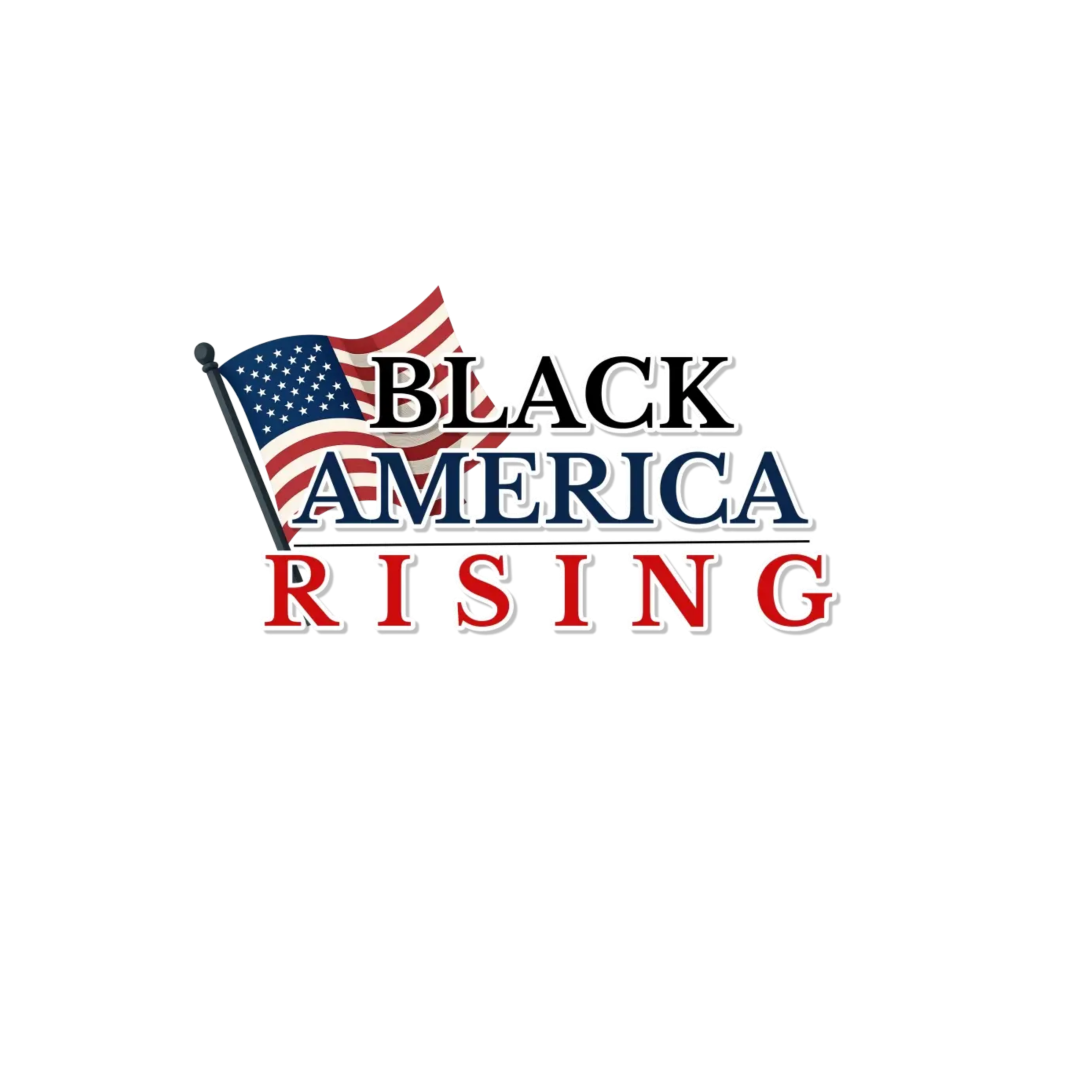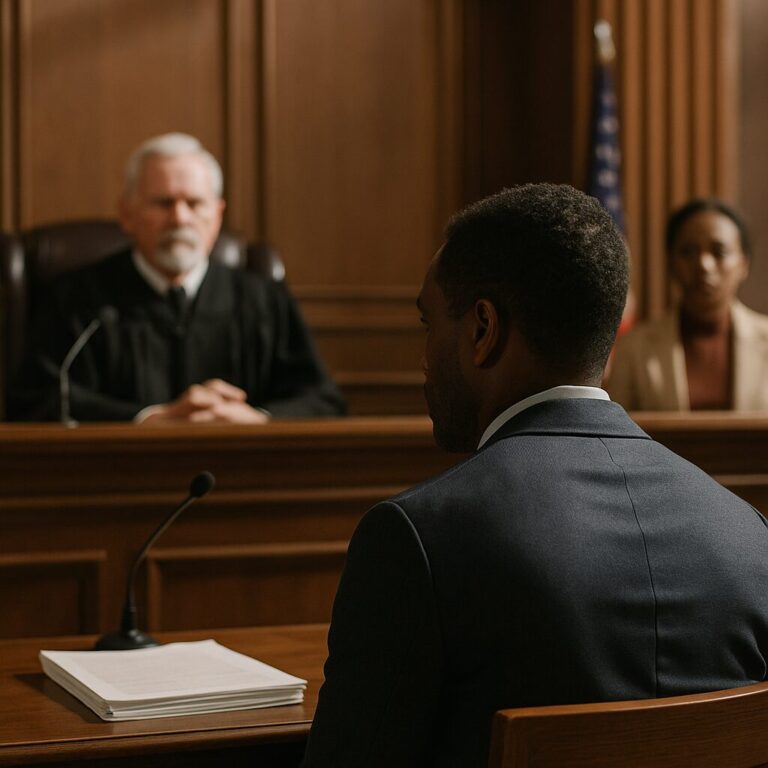Politicians sold bail reform as a step toward justice. The message was simple: no one should sit in jail simply because they are poor. On the surface, this sounds fair. But beneath the headlines, Black communities are dealing with the unintended consequences — repeat offenders released back into neighborhoods, rising crime, and families living in fear. The question we must ask: who really benefits from bail reform, and who pays the price?
The Promise of Bail Reform
Advocates argued that cash bail was discriminatory because wealthier defendants could pay their way out while poor defendants could not. Reform was supposed to ensure fairness, reduce jail overcrowding, and prevent low-level offenders from losing jobs and homes while waiting for trial.
The Reality on the Ground
In cities across the country, the story has been very different. Repeat violent offenders are cycling in and out of jail within days, sometimes hours. Police officers arrest the same individuals over and over again, while victims are left unprotected. Far from creating fairness, bail reform has too often created chaos.
The Toll on Black Communities
Black neighborhoods — already dealing with concentrated poverty and weak economic opportunity — are the ones most destabilized by crime. When violent repeat offenders are released without accountability, it is not the wealthy suburbs that pay the price. It is the working-class Black families who live with the daily reality of unsafe streets, businesses closing, and children growing up surrounded by fear.
Who Really Benefits?
The truth is, bail reform benefits politicians looking for easy headlines and activists looking for symbolic wins. But it leaves communities unprotected. Instead of reform that addresses root causes — like job creation, mental health services, and family restoration — we are handed a policy that makes survival harder.
A Call for Balanced Justice
We need a justice system that is both fair and firm. That means:
- Protecting communities from repeat violent offenders.
- Providing alternatives for low-level nonviolent cases.
- Prioritizing victim safety alongside defendant rights.
- Investing in prevention — jobs, education, and mental health.
Justice Without Sovereignty Is Chaos
Bail reform has exposed a larger truth: justice cannot be handed to us by politicians. Real justice must be tied to sovereignty — the ability of communities to shape laws that protect them while lifting them out of cycles of poverty. Until then, bail reform will remain another failed promise that costs Black America the most.




